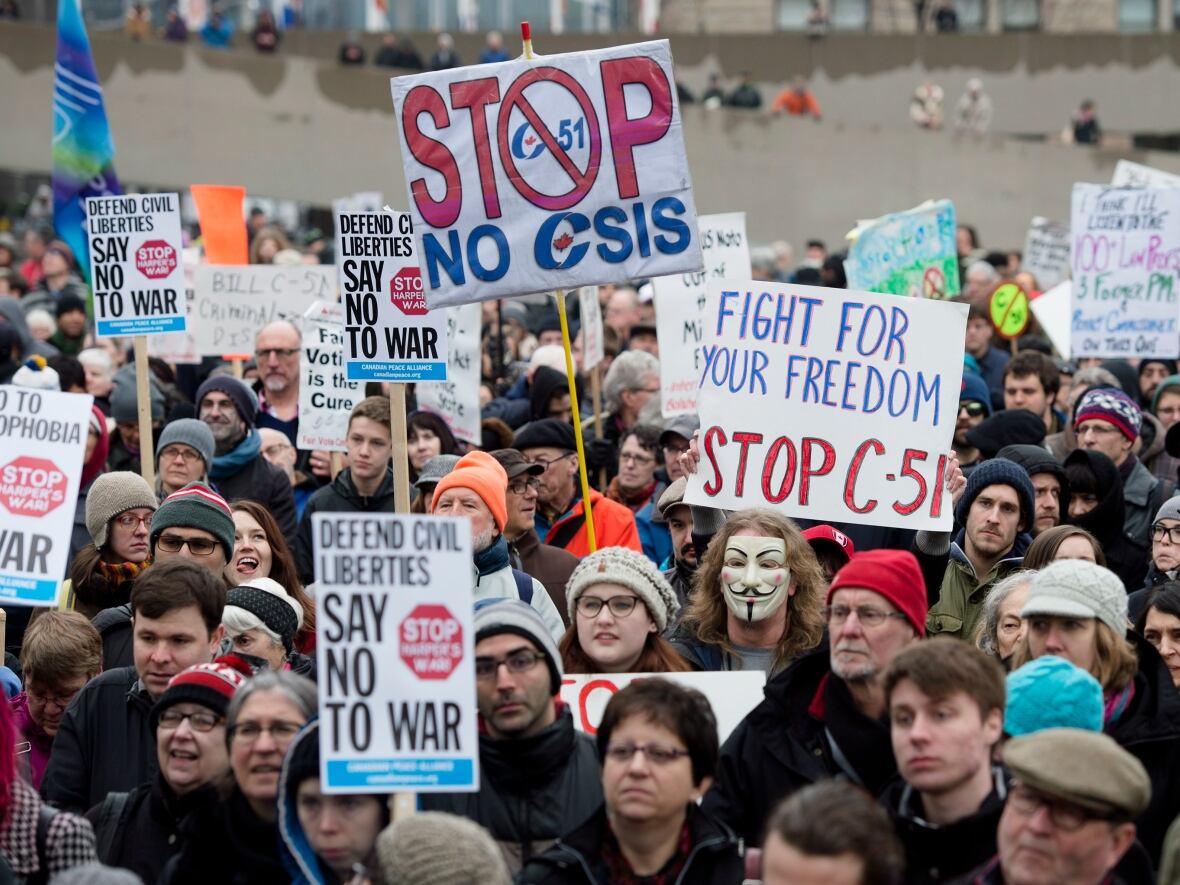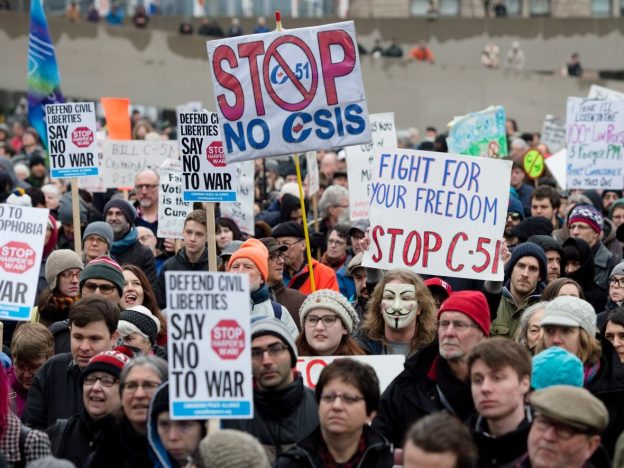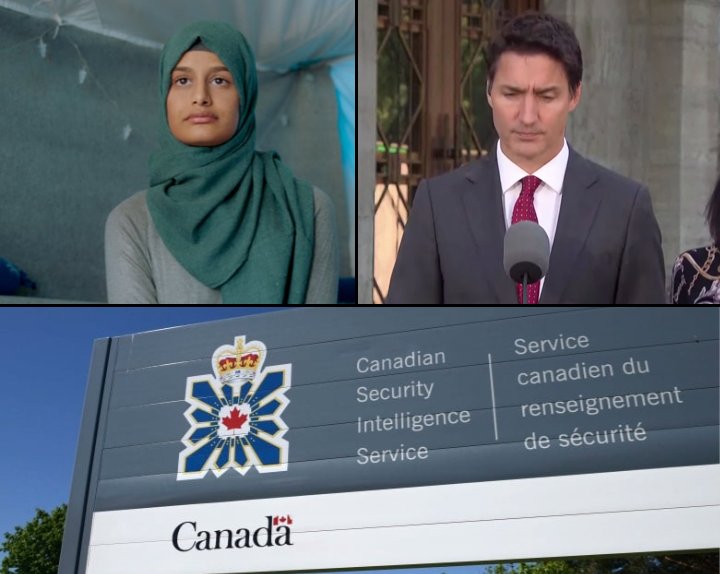
Today marks the 21st anniversary of the horrific attacks on Sept. 11, 2001. The deaths of more than 3,000 people will always mark our collective consciousness.
It also marks the launch of the lethal, global War on Terror. More than two decades later, its brutal legacy continues on, undermining human rights and civil liberties and causing death and destruction.
According to the Cost of War project at Brown university, more than 929,000 people have died because of this never-ending war, and millions more have seen their lives uprooted and livelihoods destroyed.
The legacy of the War on Terror also lives on in the continued crises in Afghanistan, Syria, Iraq and Libya, amongst others. The boogeyman of “terrorism” has also granted governments license to crack down on political, religious and ethnic groups around the world. India justifies its brutal assault on Kashmir and Muslims in the country under the guise of fighting terrorism. China claims the same as it undertakes genocide against Uyghurs in Xinjiang. While the history dates back much longer, Israel’s apartheid policies against Palestinians gain credence under the guise of fighting “terrorism.” In Nigeria, human rights groups see their licenses revoked and funding blocked because they supposedly pose a “national security threat.” Turkey is dropping bombs on Kurdistan in Iraq and Syria, saying it is fighting terrorism where in fact it is continuing its campaign of repression against the Kurds and other minorities. The list can go on and on.
Canada has often been viewed as being on the sidelines throughout the worst of the War on Terror because of our decision not to attack Iraq. Even that is misleading, though, as former US ambassador to Canada Paul Cellucci remarked: “Ironically, the Canadians indirectly provide more support for us in Iraq than most of those 46 countries that are fully supporting us.” More directly, perhaps, Canada’s legacy in the war on and occupation of Afghanistan can be traced directly to the humanitarian disaster hitting the country today. This ranges from Canada’s central role in the original invasion and bombardment, in the torture of Afghan prisoners, in its withdrawal without a plan for after the country was torn apart by years of war, and its ongoing role in blocking aid to Afghanistan. Currently, millions of dollars’ worth of humanitarian assistance to Afghanistan from Canadian humanitarian organizations cannot be sent because of Canada’s overly broad anti-terrorism laws, hastily adopted in the weeks following 9/11.
The legacy plays out in Canada in other ways too:
- Mohamed Harkat and Mohamed Mahjoub continue to live under the draconian measures of security certificates, facing deportation, imprisonment and torture. Abousfian Abdelrazik continues to fight for redress from Canada’s complicity in his arrest and torture in Sudan.
- Canadian Muslim charities face prejudiced audits from the CRA and losing access to financial services, all because of unproven and unsubstantiated allegations based on Islamophobic tropes.
- Canada’s security and law enforcement agencies have built up vast surveillance systems and continue to argue for more powers that attack our rights to privacy, association, assembly and movement all in the name of fighting the terrorist threat.
- The US and Canadian No Fly Lists continue to prevent individuals who pose no threat to our security from travelling for work, visiting family, or even from returning home.
- It has allowed CSIS cover to engage in unlawful activities, including working with human smugglers placing the lives of minors in danger, and misleading the courts about their actions.
- It underpins why more than 40 Canadians, including two dozen children, continue to be held in indefinite detention in life threatening conditions in Northeastern Syria with no prospect of release or return to Canada.
- And finally, we see it in how Canadian Muslims continue to face hate-based attacks. This includes some of the most deadly mass murders in Canada’s history in Quebec City and London, ON, fuelled by racist and false associations between Muslims and extremism.
Some will argue that these excesses are minor, compared to the benefits of preventing terrorism. Although violence is undoubtedly a societal issue that needs addressing, and anti-terrorism actions have prevented certain acts of violence, the better question is whether the focus on the right against terrorism has actually made us any safer overall? Just as the broader society has begun – ever so slightly – to listen to the long-time assertions from Indigenous, Black, racialized and 2SLGBTQIA+ communities that police do not provide the kind of “security” that actually makes our lives safer, the legacy of the War on Terror shows that we need to turn that lens on intelligence and national security agencies as well.
We need to think of other ways, creative ways, that we can envision promoting human safety as opposed to national security, including building structures that empower people to make decisions affecting their lives, and allow everyone to develop their full potential, in a safe and healthy environment. We need to end the legacy of the War on Terror, once and for all. The ICLMG will continue our work towards that goal – join us!
Since you’re here…… we have a small favour to ask. Here at ICLMG, we are working very hard to protect and promote human rights and civil liberties in the context of the so-called “war on terror” in Canada. We do not receive any financial support from any federal, provincial or municipal governments or political parties. You can become our patron on Patreon and get rewards in exchange for your support. You can give as little as $1/month (that’s only $12/year!) and you can unsubscribe at any time. Any donations will go a long way to support our work. |




 This piece was published in French in the
This piece was published in French in the 